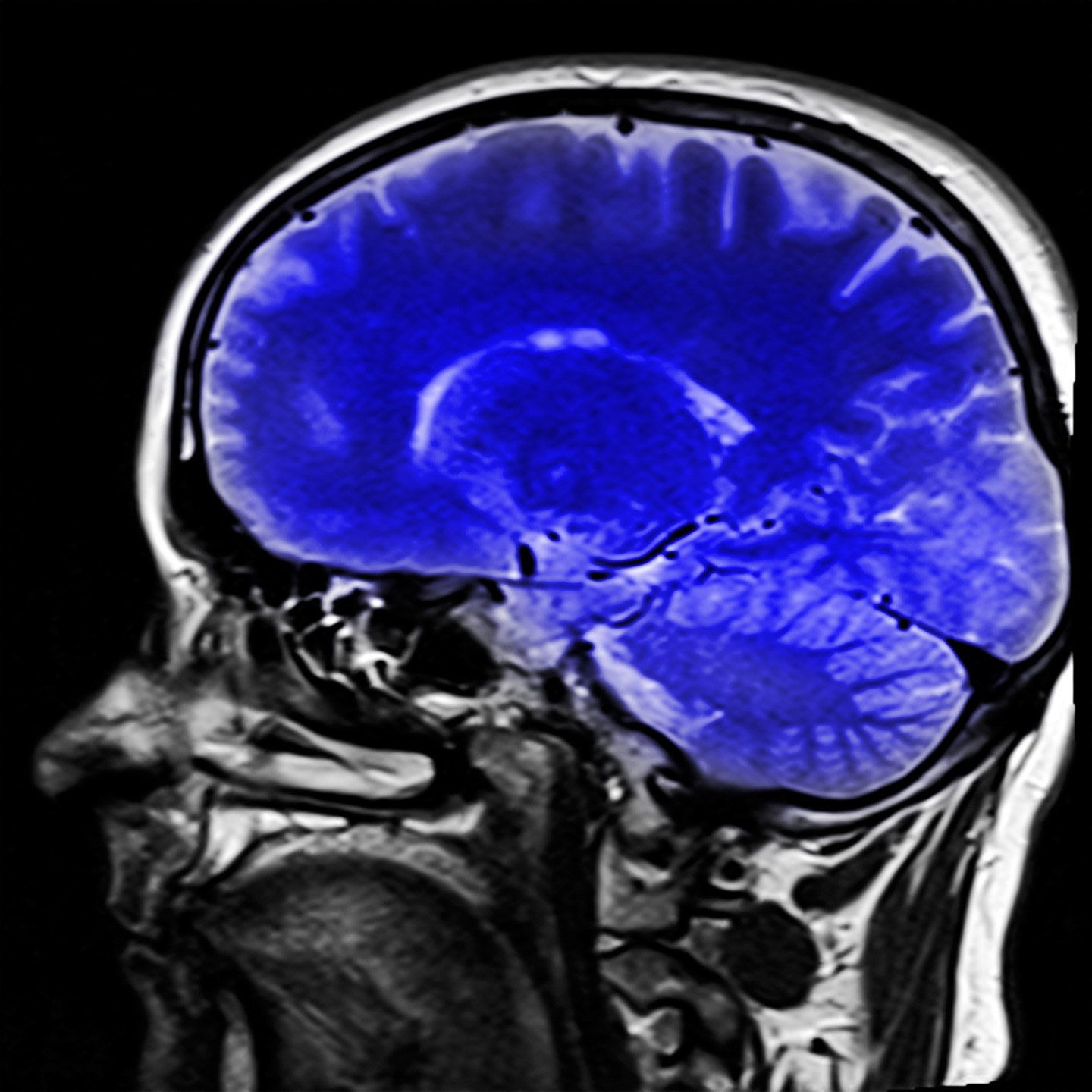Traumatic Brain Injury
THE SIGNATURE INJURY OF CURRENT CONFLICTS
raumatic Brain Injury (TBI) is recognized as the signature injury of the Iraq and Afghanistan wars, and has emerged as a significant challenge for the Department of Defense. According to the Defense and Veterans Brain Injury Center, more than 339,000 service members have been diagnosed with TBI since the year 2000. The extent of injury is very often hard to discern, making field diagnosis and medical treatment problematic.
Understanding this complex problem requires logging of exposure coupled with long-term tracking of soldier health to correlate blast exposure with injury. Wide deployment of sensors is critical to building a robust understanding of this problem and to enable better prediction of injury due to blast.

Percentage of injuries to one Marine unit in Iraq due to explosions—65% IEDs, 32% mines. *1*
Estimate of the percentage of military TBIs that were undocumented from 2003 – 2006. *2*
WHITE PAPERS
Traumatic Brain Injury in the NewsVIEW ALL



